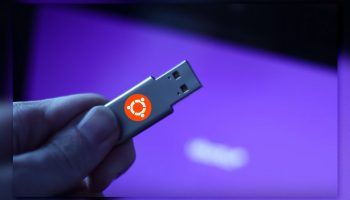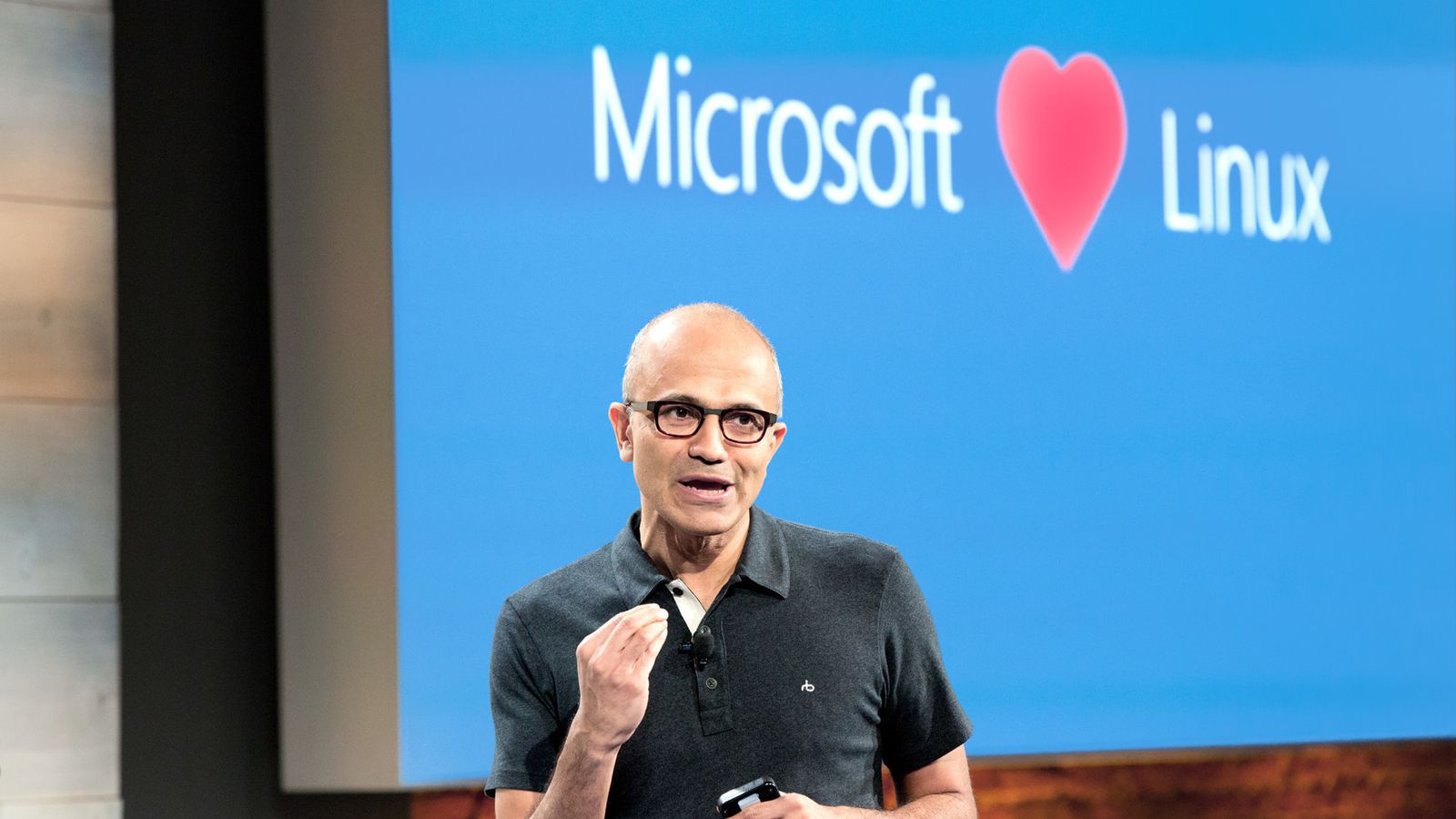Microsoft has announced that it’s bringing exFAT support to the Linux kernel, with code contributed licensed under GPLv2.
This is huge, unexpected, yet very welcome #opensource news.
Microsoft’s exFAT file system is prevalent throughout a lot of modern technology, regardless of whether you (or your device) use the Windows operating system.
This simple, but proprietary and patented file system was created by Microsoft for use, primarily, in ‘flash’ memory products back in 2006.
Since then the format has seen colossal adoption throughout the electronics industry, with USB drives, SD cards, digital cameras, and MP3 players among the many, many devices that make use of it.
All for a fee, of course.
Unencumbered exFAT in Linux

Now, you’re probably thinking: “Joey dude, my SD cards and USB sticks all work fine in Linux!”.
And you know what: you’re not wrong.
It’s long been possible to read, write, manage, edit, resize, and format exFAT partitions and file systems on Linux distros like Ubuntu.
And that’s solely down to stellar open source efforts like the FUSE-based exFAT.
But patent issues have prevented these ‘workaround’ solutions from shipping as part of the regular Linux kernel, out of the box, ready to go.
Today that changes.
Microsoft engineer John Gossman, in a post on the Microsoft open source blog, has announced that “Microsoft is supporting the addition of Microsoft’s exFAT technology to the Linux kernel.”
This is huge news because it means, for the first time, the Linux kernel can include exFAT support “with confidence”, Microsoft say — i.e., no-one is gonna get sued; not kernel devs, not distros shipping patches that enable to exFAT, not anyone.
Microsoft has even made a technical specification for exFAT publicly available. This, it says, this will help developers create “conformant, interoperable implementations” of exFAT within the Linux kernel.
It’s hoped Linux exFAT support will filter down into the Open Invention Network’s Linux System Definition. There, Gossman says, ‘the code will benefit from the defensive patent commitments of OIN’s 3040+ members and licensees’.
Thanks Ruariø

